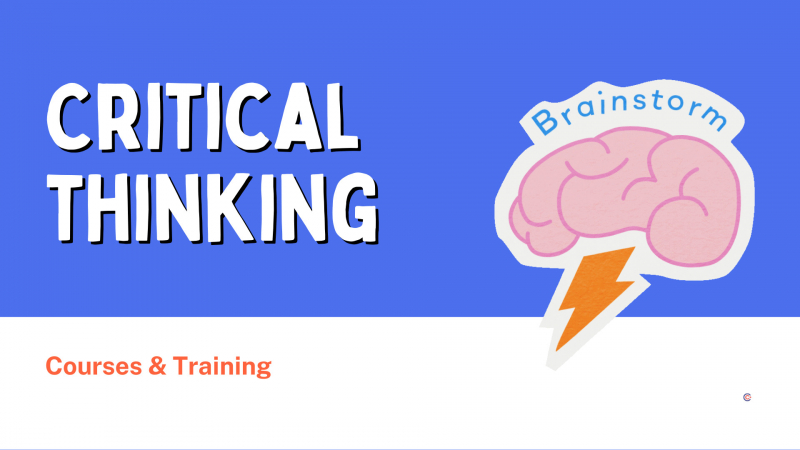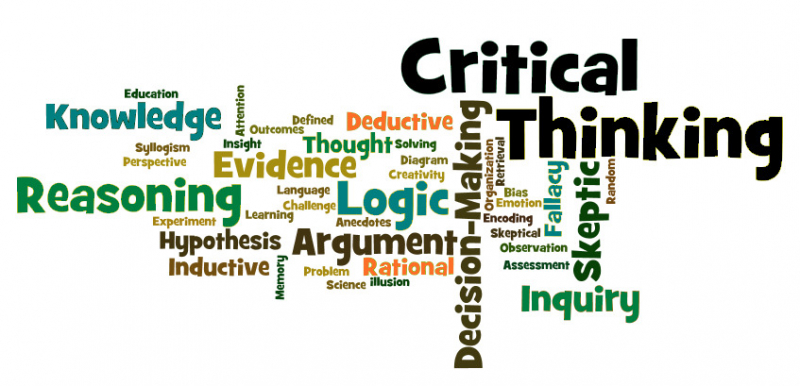Critical Thinking for the Information Age

Nowadays, most jobs necessitate more than just broad intelligence. They also necessitate the ability to gather, evaluate, and consider data. When these same talents are applied to situations in everyday life including judgment and decision, personal life is enriched. This course covers the fundamentals of statistics, probability, scientific methodology, cognitive psychology, and cost-benefit analysis, as well as how to apply them to everything from product selection to analyzing media coverage of scientific research. Concepts are defined quickly and simply, and then applied to a variety of business, media, and everyday life applications.
What will you be able to learn? Why it's almost always a bad idea to interview candidates for a job. Why is it exceedingly improbable that if you enjoy your first dinner in a new restaurant, you will enjoy your next meal as well? Why do economists frequently leave movies and restaurant food unfinished? Why putting your photo on the cover of Sports Illustrated almost always guarantees your next season will be a letdown. Why it's possible that you don't have a disease even if you've tested positive for it. Why, unless you undertake an experiment in which you flip a coin to determine whether you will consume coffee on a certain day, you will never know how coffee affects you. Why it could be a mistake to have an office in your own building rather than in someone else's. Why you should never hold a declining stock in the hopes of avoiding a loss of your initial investment. Why is it that so much of the health information offered in the media is false?
- Flexible deadlines: Reset deadlines based on your availability.
- Shareable certificate: Get a Certificate when you complete
- 100% online: Start now and learn when it's convenient for you.
- Beginner level: Approx. 2 p.m. to complete
- Subtitles: Arabic, French, Ukrainian, Portuguese (European), Italian, Vietnamese, Korean, German, Russian, English, Spanish
Rating: 4.8/5
Website: coursera.org/learn/mindware











